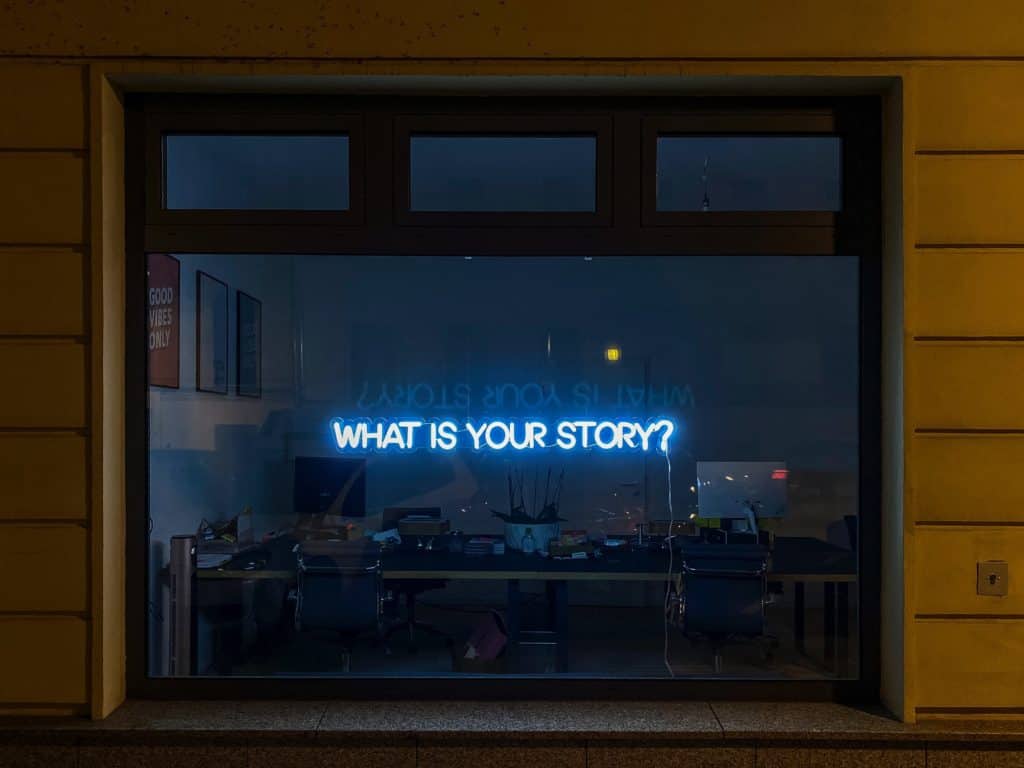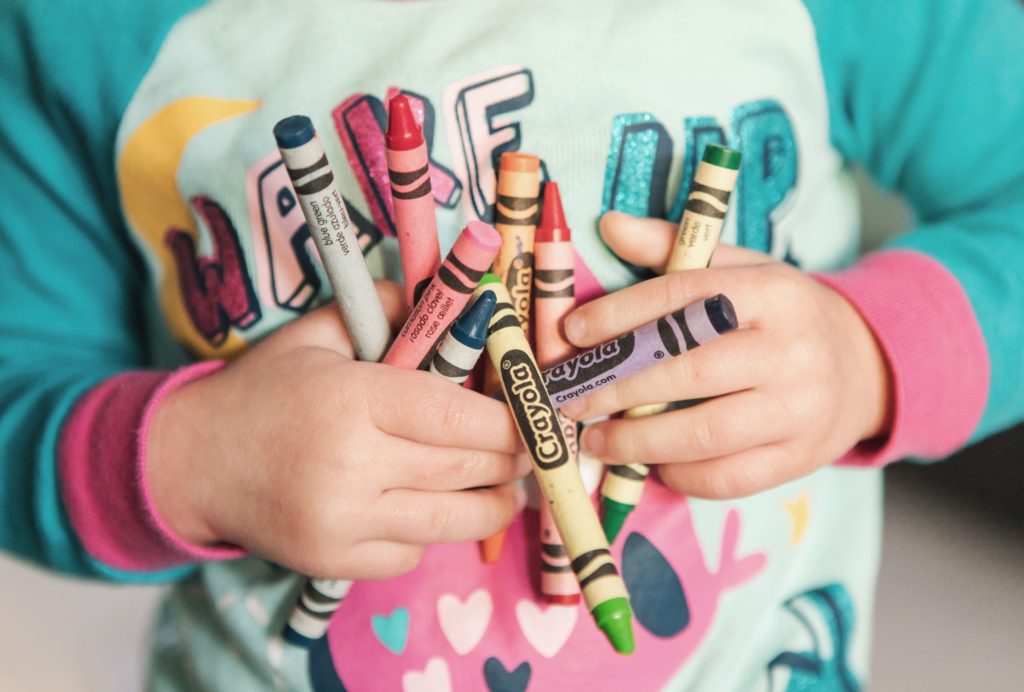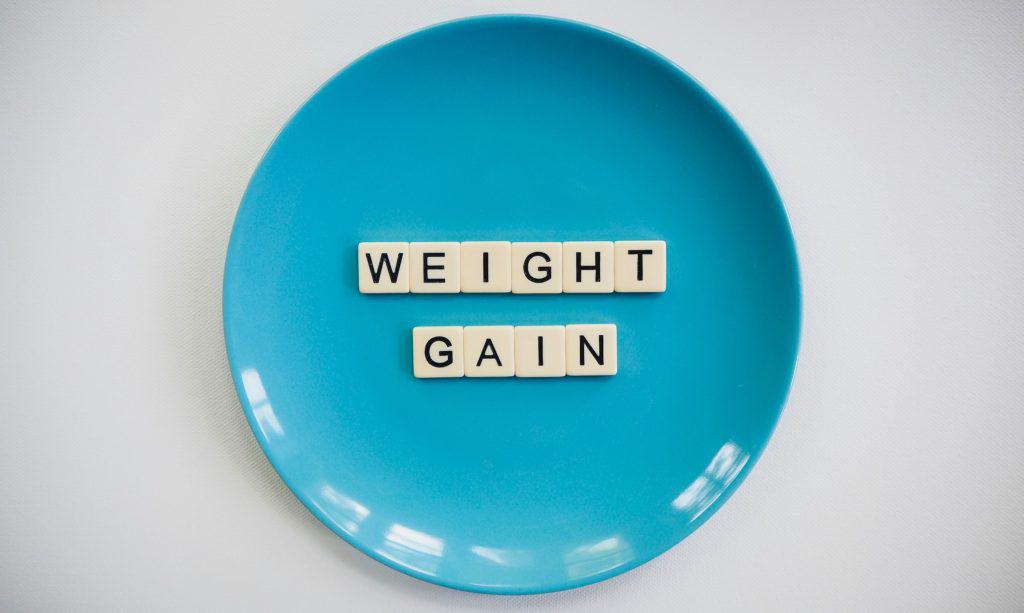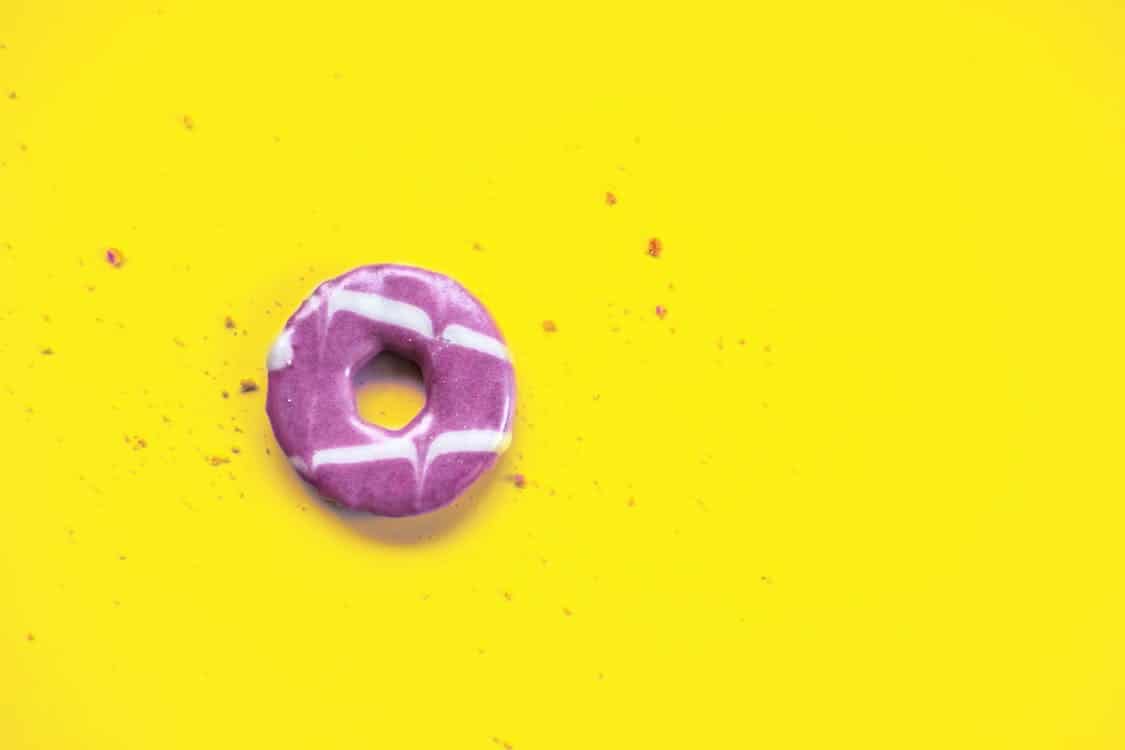Living with Anorexia Nervosa made me small.
Not just physically but mentally.
It also allowed me to be small with what I could ask for, what I could do and who I could be.
Living with Anorexia Nervosa allowed me small in every sense of the word.
What do I mean by this? I mean anorexia offered me the chance to do away with my needs, my hopes, my dreams and ultimately my personality and my ability to accept and live as an imperfect human being.
Not because I chose this but because this was the best my young brain could come up with in response to a world it didn’t understand.
Somewhere, somehow fairly early on along the road of my life I learned (incorrectly) that it was preferrable to not have needs and to put others before myself.
So, entirely automatically and without choosing to do so consciously, I did away with my own preferences, hopes, dreams and goals in place of fulfilling and assisting others to reach theirs.
I obsessed over wanting to make the lives of those around me better (*Side note this is always misguided – you can never, ever truly know what is best for someone else no matter how good and pure your intentions).
I did this…
and I did this…
and I did this…
I did this until I lost all sense of myself and my own needs to the point that eventually even if you’d have asked me, I could not have truly told you who I was or what I wanted.
Essentially living with anorexia nervosa allowed me to not be me.
The sad thing is that my unconscious mind took that as a good thing because it believed it was too risky to be me.
It is always a risk to be ourselves.
When we are our true selves, we run the risk of not being accepted.
There is no guarantee that if we show our true selves we won’t be rejected and it is a very hard thing for a lot of human beings to be rejected (even though we may understand that it’s actually inevitable and unavoidable). So, sometimes our unconscious tires to protect us by not allowing us to be our true selves so that others can’t see (and potentially reject) the true us.
If we never show the true us the true us can’t be rejected.
Which seems like a good idea at the unconscious level. Only if we never show the true us the true us also can’t be accepted (including by ourselves)… And it is a human need to be accepted (warts and all) by at least one other human being (see my earlier blog on the “human givens” – “The 11 Needs You Probably Didn’t Know You Have and What to Do Now You Do”)
We do this hiding, stifling and ignoring of our true selves to varying degrees because as with everything to do with human beings there is variation.
Some of us will take it to a level that is pathological and some of us will easily differentiate between those who are safe to share our whole selves with and those who only need part of the story.
The Battle of Recovery

It was a constant battle between the part of me that knew I wanted to be a fallible human being with a unique and authentic personality and the part of me that if I could not be “perfect” wanted to be less than nothing, to leave no mark on the world, to exist solely to make the lives of those around me better (as non-useful to anyone and misguided as that desire, in reality, is. I assure you).
And I remember the day I was asked what I wanted.
It was during the first consultation I had with the clinical hypnotherapist that would go on to help me unravel the plethora of dysfunctional learnings, lessons and adaptations my mind had made long before I had a say in the matter.
The question shocked me.
I remember she looked me in the eyes and that alone shocked me. I wasn’t great at maintaining eye contact because of the layers of shame, guilt, inadequacy and most of all unworthiness of such attention, care and help I felt at that point of my life.
But what shocked me most as she waited somewhat impatiently for me to speak was that I didn’t know.
I stumbled and struggled and looked to the floor, the window, the roof, the pillows and my hands for help.
I didn’t know what I wanted.
I don’t remember what I answered. If I had to take a guess, I would likely have said something along the lines of “I want to be normal”.
I’d thought it so blatantly obvious that I just wanted to be normal that it shocked me that someone would have to ask.
Looking back, I realise I was quite obsessed with wanting to be normal. As are many of the clients I work with in recovery from eating disorders.
Which is strange because in my life on the other side of recovering from anorexia nervosa it’s never once occurred to me that I am “normal”.
Recovered for me didn’t mean becoming normal.
Nor interestingly, do I have any desire to be. And yet, once upon a time I know it ate me up inside that I couldn’t just be normal. I cried over it, I lost sleep over it, I hated myself over it.
Normal?

The thing I remember most about my desire to be “normal” was that I wanted it for other people.
The thing I remember most about wanting to recover from anorexia nervosa was that I wanted it for other people.
I didn’t want to be such a burden on the lives of my family, friends and the world. Yes, I truly believed that my being on this planet and existing in my one little life was such a burden on the planet. I felt guilty for being here. I felt ashamed of my privileges. I felt disgusted by myself and how ungrateful I judged myself to be. I had by all intents and purposes a good life, I had help and support to recover. What was wrong with me that I’d fallen sick in the first place? What was wrong with me that I didn’t seem able to change it? Why was I hurting my parents, my family, my partner? Why couldn’t I “just eat?”.
So, in short, I didn’t really know what I wanted.
Because by the time I was asked this excruciatingly confronting question I had done anorexia for so long it felt that was all I knew.
I didn’t feel there was a “me” to want things for.
How Then Did I Recover?

With a lot of determination.
A lot.
And fear.
A lot.
I can’t even describe the level of commitment, perseverance and determination it took.
To give you some idea it took me around 15 years to consider myself recovered.
Contrary to what the media and even many health professionals would have you believe recovery from anorexia requires so much more than gaining weight.
Yes, it means gaining weight and creating a larger body but what you don’t know as you’re doing this, what no one tells you and even if they did you could not possibly understand the gravity of it is that this larger body you create is an entirely foreign body.
Recovery feels like you’re losing everything you know.
Recovery feels like you’re losing you.
Which is an interesting way to feel considering one of the main reasons I hear people say they want to recover is to get their life back, to have a life…
Even the word implies we are “recovering” ourselves and it is ultimately, but recovery doesn’t always feel like you’re regaining your life.
First, it feels like you’re losing it.
That’s why it’s hard.
Reality

Many of the clients I’ve worked with over the years have said to me, I’ve committed to eating, I’ve done the weight gain and I felt even worse.
They then express their shame and frustration at themselves for retreating back into the eating disorder.
Firstly, I think in the pain and overwhelm of trying to recover people forget how bad living with an eating disorder really feels but secondly, if you eat and gain weight without also developing an authentic sense of self alongside your new body (essentially creating a new mind) your new body (your recovery) is always going to be unstable.
Weight Gain is Not Recovered

It is never the weight gain that is hard it was the sense of “well, what now?”
I was supposed to feel wonderful, I was supposed to be bursting with happiness and self-love and it didn’t happen.
Yes, I felt better because I wasn’t so cold, exhausted, short tempered, scared and sad because I was no longer starving but after peeling away all those ways being that starving had made me feel I just felt lost.
I felt like I’d worked so hard to create this larger body.
A body I didn’t recognise as my own.
A body I was supposed to feel good in but in reality, a body I loathed.
I didn’t understand that in order to have that body, to maintain that body I had to be someone else.
And I didn’t yet have permission to be someone else.
I was the quiet, people pleasing, perfectionist, mature, always happy girl.
I was the smallness of my body.
I didn’t know what or who I was in this larger body.
So, I’d regress back to the smaller body.
The body I knew.
That went with the way I felt about myself.
Insecure.
Ashamed.
Small.
Because that was who I was.
To be the larger Bonnie, the woman taking up more space I’d have to be a different person.
And for the 15 years I struggled to recover I went up and down with my weight and in and out of hospital because I didn’t know how to be a different person.
I didn’t know I had to be a different person.
Clinical Hypnotherapy

It wasn’t until I discovered the world of clinical hypnotherapy that I began to learn the absolute fundamentals of how a human mind works and understand that recovery would entail more than gaining weight and hoping for the best.
I began to heal the things that really needed addressing without the barriers of shame and guilt.
I began to learn how to use my mind in new and different ways.
I began to simultaneously discover who I was and create who I wanted to be.
I begun to recover.
With my whole heart I hope you found this information useful and inspiring.

Become Great. Live Great.
Bonnie.



